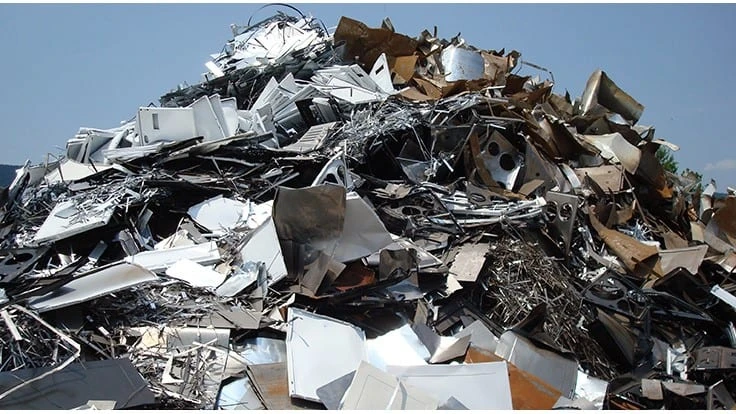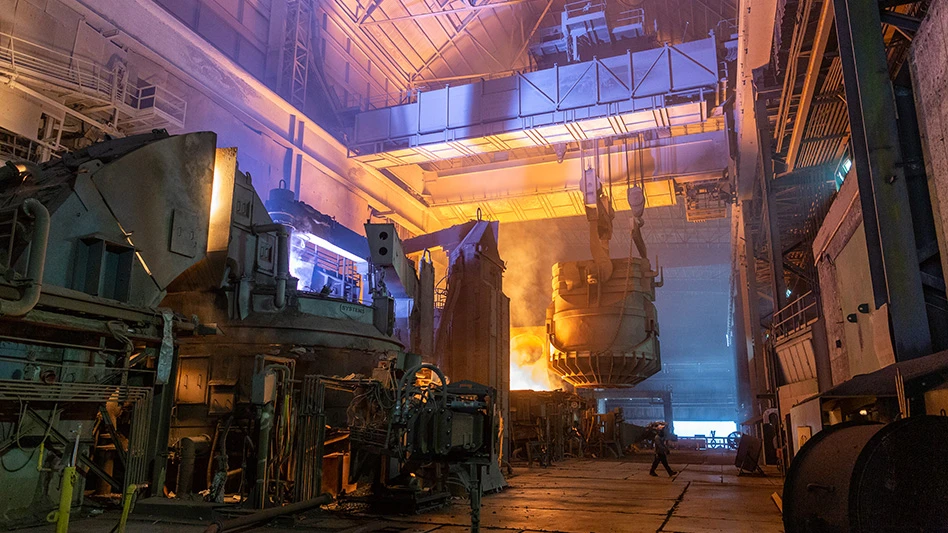
Restrictions on the free trade of scrap metal in South Africa have included an export ban and currently involve a system described by a trade advisor as one that “forces metal recyclers to first offer their scrap to domestic consumers at a large discount before they can get a permit to export.”
In an early August essay posted to the website of Johannesburg-based Business Live, Donald MacKay of Centurion, South Africa-based XA International Trade Advisors says the system in place is “a double blow” for a scrap collection and processing sector that is “bearing the brunt” of the interference in the market.
McKay says the domestic favoritism policy is being championed by Ebrahim Patel, the country’s trade, industry and competition minister, who he says is trying to “resurrect” South Africa’s ferrous scrap-fed electric arc furnace (EAF) steel minimill sector.
McKay writes that Patel recently extended by two years a price preference system (PPS) on scrap metal. Under this system, if a domestic consumer (minimill or foundry) makes an offer at the PPS ferrous scrap price, the recycler must accept the offer.
While Patel seems to be protecting that nation’s steel and iron producers against a perceived shortage of ferrous scrap, McKay says in the meantime “recyclers must sell at a discount locally and at a discount when they export.” He continues, “This cost is borne by waste pickers, arguably one of the worst jobs in the country. These 300,000 poor people will get paid even less for their scrap so the shareholders of the 10 minimills can benefit, an obscene transfer of wealth from the poor to the rich.”
The extension of PPS does not apply only to ferrous scrap, writes McKay, but also to nonferrous scrap largely disconnected from the needs of EAF mills or iron foundries.
The founder and director of XA International Trade Advisors concludes, “It is not clear at all how the recycling sector will remain profitable. The industry will concentrate and competition will disappear. It will happen quickly. Lower value scrap will not be collected, with all the economic value having been sucked out of the system. That cheaper scrap will end up in landfills, creating yet more problems. And a few oligarchs will emerge, which I think might be the plan.”
Latest from Recycling Today
- Monadnock Paper Mills attains CSR certification
- Spectro Alloys completes recycling expansion
- Loop Industries sells first license, reports Q3 fiscal 2025 results
- EuRIC warns against restricting scrap exports
- Alpla calls 2024 year of recycling growth
- Altilium says agreement puts it on lithium recycling path
- NWRA, SWANA partner to address lithium-ion batteries
- Corinth, Texas, renews waste contract with CWD





